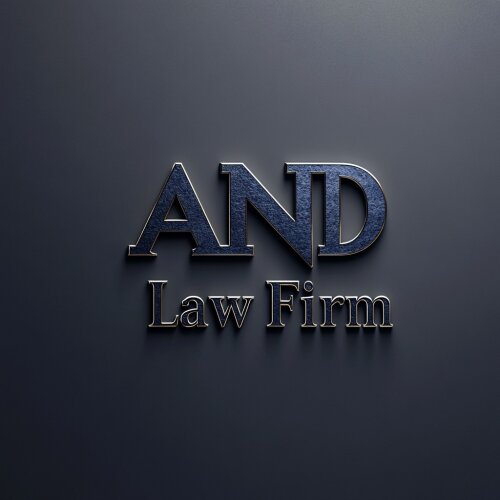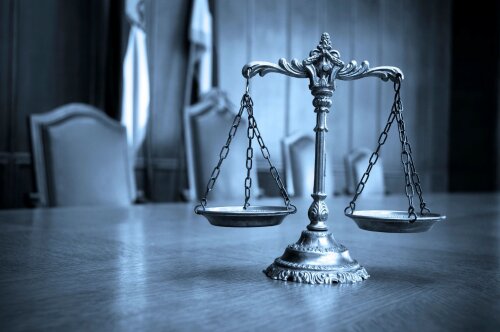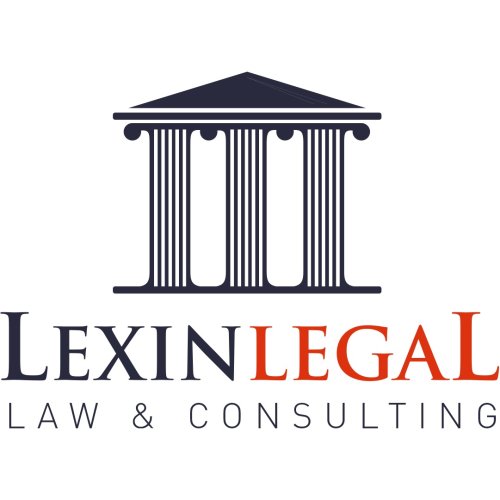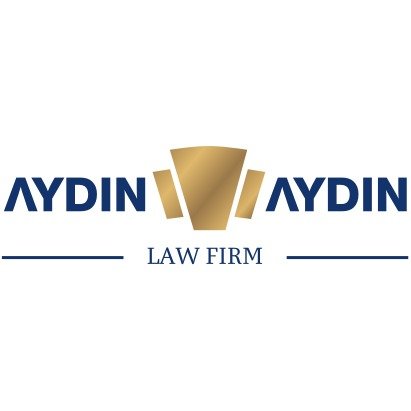Best Property Damage Lawyers in Turkey
Share your needs with us, get contacted by law firms.
Free. Takes 2 min.
Or refine your search by selecting a city:
List of the best lawyers in Turkey
About Property Damage Law in Turkey
Property damage in Turkey is governed by a combination of civil law principles and specific legislation aimed at protecting the rights of property owners and occupants. Property damage can encompass a variety of situations, including accidental damage from natural disasters, intentional damage through acts of vandalism, or negligence that leads to the deterioration of property. Understanding the nuances of Turkish property law is crucial for individuals seeking to address or mitigate such damages, as Turkish property laws are based on the Civil Code, which incorporates the principles of liability and compensation.
Why You May Need a Lawyer
There are numerous scenarios where individuals might require legal assistance for property damage in Turkey. These include dealing with insurance claims where there is a dispute over liability or coverage, addressing damage caused by neighboring properties or construction, handling cases of vandalism or intentional harm to property, negotiating with contractors over substandard work, and navigating the complexities of Turkish real estate and property law if damage results in a dispute over ownership or property boundaries. A lawyer can provide valuable guidance and representation to ensure your rights are protected and that you receive any compensation due.
Local Laws Overview
Turkish property damage law is primarily shaped by the Turkish Civil Code, following fault-based liability whereby the responsible party must compensate for any harm caused. Additionally, the Code of Obligations outlines contractual obligations, impacting how damages from negligence or contract breaches are handled. The Building Inspection Law and other regulations cover responsibilities related to construction, requiring compliant construction practices and holding entities accountable for construction-related damages. Moreover, Turkey’s insurance regulations mandate specific conditions and procedures for claims, which can be complex without legal assistance.
Frequently Asked Questions
What constitutes property damage under Turkish law?
Property damage refers to harm caused to real estate or personal items, whether through accidents, negligence, or intentional acts. It encompasses physical damage, destruction, and devaluation of property.
How do I file a property damage claim?
To file a property damage claim in Turkey, you must typically report the damage, gather evidence, determine liability, and submit the claim to the relevant insurance company or court, depending on the case.
Can I claim compensation for damages caused by natural disasters?
Yes, if you have insurance coverage for natural disasters such as earthquakes, you can file a claim against your policy. The Turkish Catastrophe Insurance Pool (TCIP) is a major provider of such coverage.
What should I do if my property is damaged by a neighbor?
In cases where a neighbor’s actions directly cause damage to your property, you can seek recovery of damages through negotiation or filing a legal claim. Collecting evidence and witness testimony can strengthen your case.
What legal actions can be taken for vandalism?
If your property is vandalized, you should report it to local authorities, document the damage, and may seek recompense through criminal or civil actions. Legal assistance can help in demanding compensation from the offender.
Does homeowner’s insurance cover all property damages?
Coverage depends on the specific terms of your policy. Standard policies may cover incidents like theft or natural disasters but exclude damages due to neglect or gradual wear and tear.
What is the role of the court in property damage cases?
The court can adjudicate disputes, enforce compensation claims, and interpret contractual agreements concerning property damage issues. They provide legal remedies when parties fail to reach amicable agreements.
Are there time limits for filing property damage claims?
Yes, claims must be filed within specific time periods from the date of damage discovery. This is usually two years, but may vary depending on circumstances and jurisdiction.
What evidence is needed to support a property damage claim?
Photographs of the damage, repair estimates, insurance policy details, witness statements, and any communication with third parties involved are crucial for substantiating a claim.
How can a lawyer help with property damage disputes?
A lawyer can negotiate with insurers or liable parties, ensure compliance with legal deadlines, gather necessary evidence, and represent you in court to maximize your chances of a favorable outcome.
Additional Resources
For additional assistance, individuals may consider reaching out to the following resources: - Bar Associations: Offer referrals to qualified attorneys specializing in property law. - The Turkish Catastrophe Insurance Pool (TCIP): Provides information about compulsory earthquake insurance. - Local Municipalities: Can provide guidelines and support for dealing with damage and urban-related disputes. - Consumer Rights Associations: Help navigate disputes involving contractor services or insurance claims.
Next Steps
If you find yourself dealing with property damage issues in Turkey, begin by documenting the damage and gathering evidence. This includes taking photographs, securing witness accounts, and keeping a record of any related communications. Assess whether the incident falls under your insurance coverage and file a claim if valid. If disputes arise or you need further legal assistance, consulting with a lawyer specializing in property damage is advisable. They can guide you through the legal process, ensuring you meet all necessary requirements for a successful resolution. Engage with local bar associations to find a reputable attorney who best suits your needs.
Lawzana helps you find the best lawyers and law firms in Turkey through a curated and pre-screened list of qualified legal professionals. Our platform offers rankings and detailed profiles of attorneys and law firms, allowing you to compare based on practice areas, including Property Damage, experience, and client feedback.
Each profile includes a description of the firm's areas of practice, client reviews, team members and partners, year of establishment, spoken languages, office locations, contact information, social media presence, and any published articles or resources. Most firms on our platform speak English and are experienced in both local and international legal matters.
Get a quote from top-rated law firms in Turkey — quickly, securely, and without unnecessary hassle.
Disclaimer:
The information provided on this page is for general informational purposes only and does not constitute legal advice. While we strive to ensure the accuracy and relevance of the content, legal information may change over time, and interpretations of the law can vary. You should always consult with a qualified legal professional for advice specific to your situation.
We disclaim all liability for actions taken or not taken based on the content of this page. If you believe any information is incorrect or outdated, please contact us, and we will review and update it where appropriate.
Browse property damage law firms by city in Turkey
Refine your search by selecting a city.
















